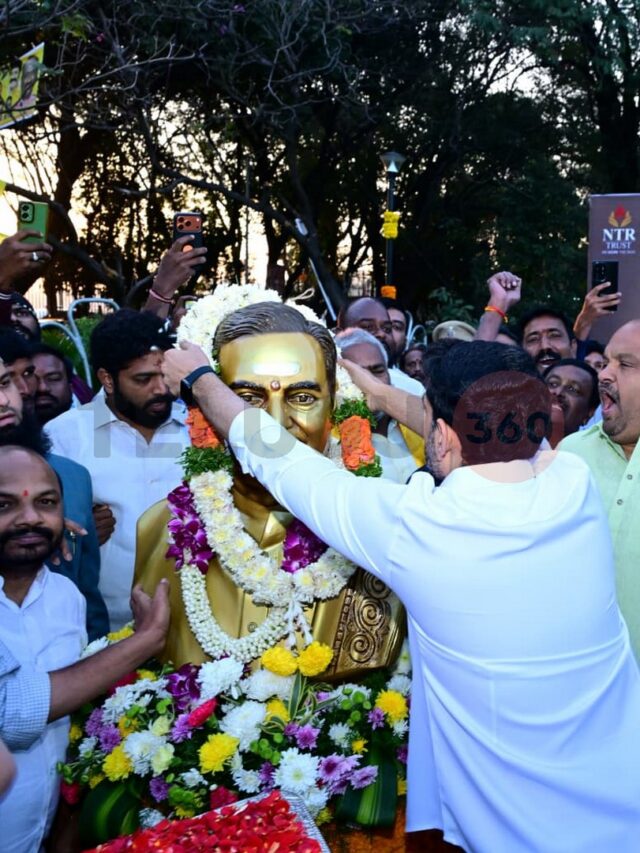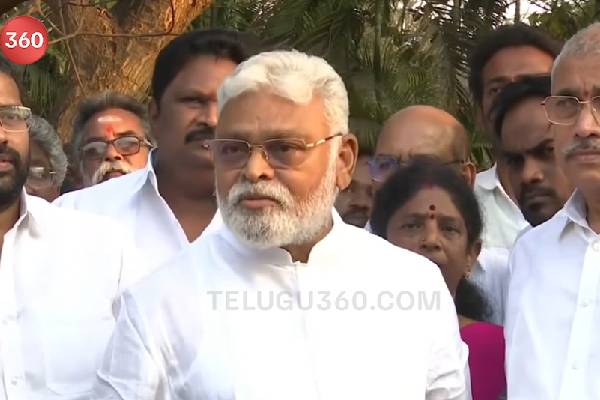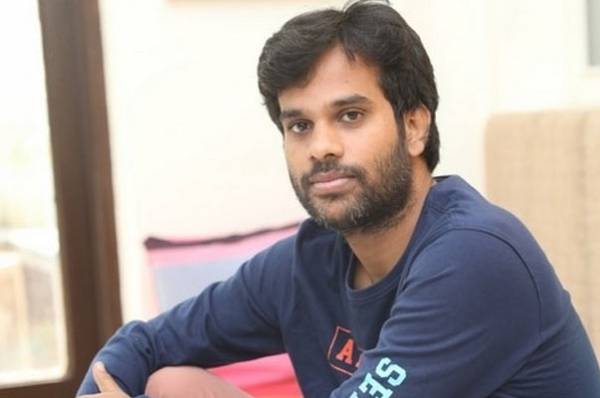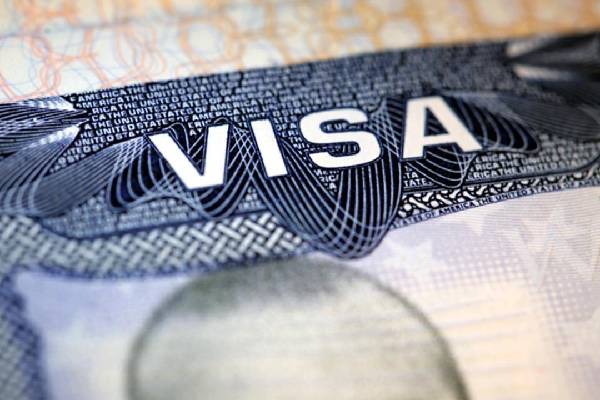For years, international students, visiting scholars, and foreign journalists in the United States lived with a kind of visa certainty. Under the “duration of status” framework, as long as they followed the rules, such as staying enrolled, adhering to research programs, or filing reports for their media outlets, their legal stay remained intact. No fixed expiry date. No looming deadlines.
Now, the Department of Homeland Security (DHS) wants to change that. In one of the most sweeping policy shifts in recent times, DHS has proposed fixed admission periods for F-1 academic students, J-1 exchange visitors, and I media representatives.
Why is DHS pushing for this?
Officials argue that the current open-ended system makes it difficult to monitor compliance. They believe fixed deadlines would give immigration officers clearer opportunities to verify whether visa holders are following the rules. With over 1.6 million F-1 students, around half a million J-1 visitors, and tens of thousands of I visa holders entering the US in 2023, the government says stronger oversight is overdue.
Key Changes in the Draft Rules
F-1 and J-1 visas: Admissions would be capped at four years, after which an extension must be requested.
Grace period cuts: F-1 students would have only 30 days after graduation to prepare for departure or further steps, down from the current 60.
Program restrictions: Graduate students may face tighter rules on switching programs mid-way.
I visa journalists: Their stays would be capped at 240 days, with stricter limits for certain nationalities.
What does this mean on the ground?
For F-1 students, especially those pursuing longer degrees or planning optional practical training (OPT), this change introduces a new kind of anxiety. Enrollment alone won’t guarantee uninterrupted status; students may need to request extensions mid-course.
For J-1 exchange visitors, whose programs are often short and research-heavy, reduced flexibility could strain international collaborations. And for I visa journalists, covering US politics or society for extended assignments, a 240-day cap feels like reporting with a stopwatch ticking overhead.
Oversight vs. Opportunity
The DHS frames the proposal as a matter of national security and system integrity. However, universities, think tanks, and media organisations may view it differently, perceiving it as yet another layer of red tape in an already complex system. The US is still the top destination for global students, but additional uncertainty could nudge some towards Canada, Australia, or Europe, where visa rules are often clearer and more stable.
The proposal is now open for public comment under Docket No. ICEB-2025-0001, giving stakeholders a chance to raise concerns before final rules are locked in.
The old comfort of ‘duration of status’ is coming to an end. For F-1 students chasing American degrees, J-1 scholars pursuing global research, and I visa reporters covering the US beat, the message is clear: time limits are now built into the visa.


































